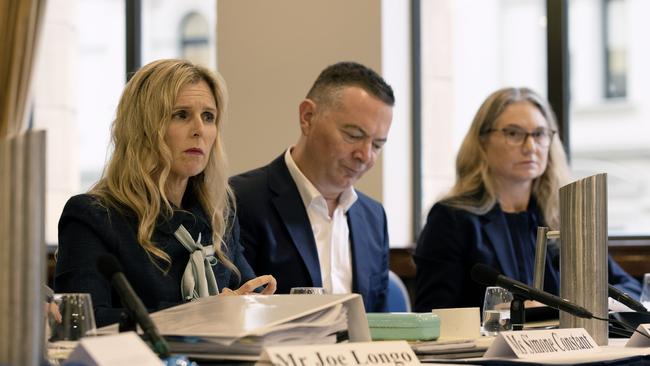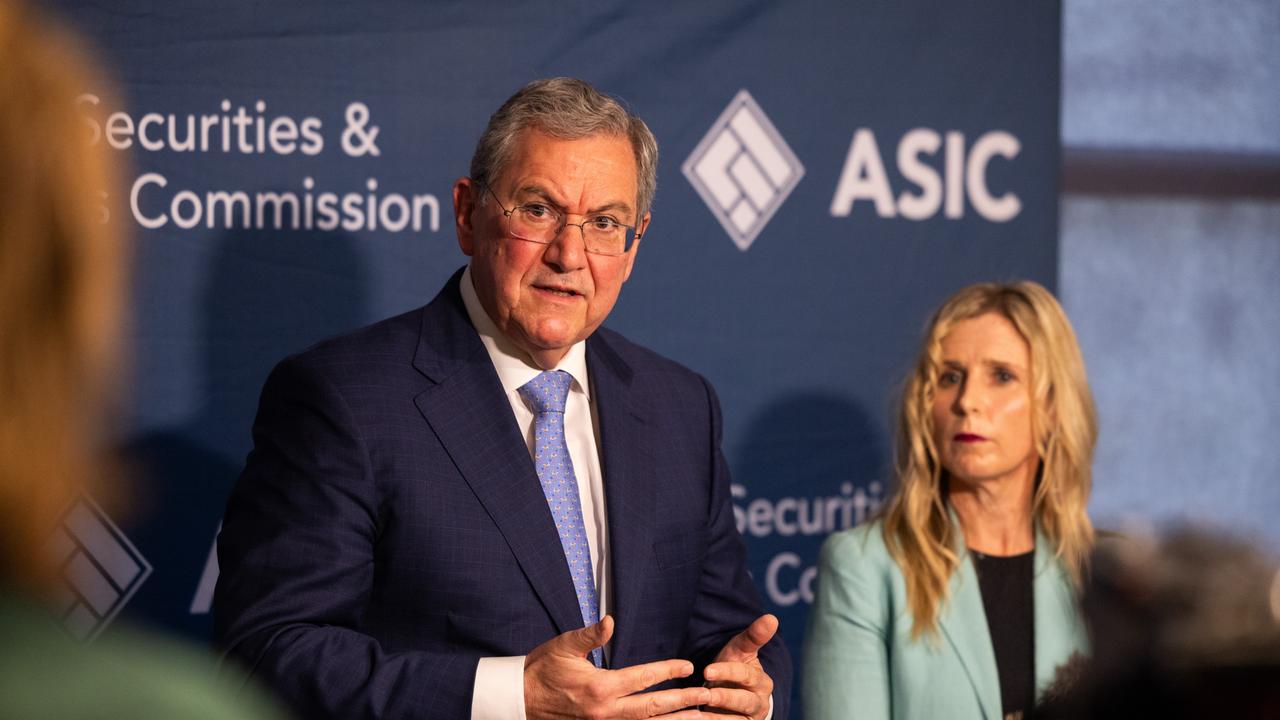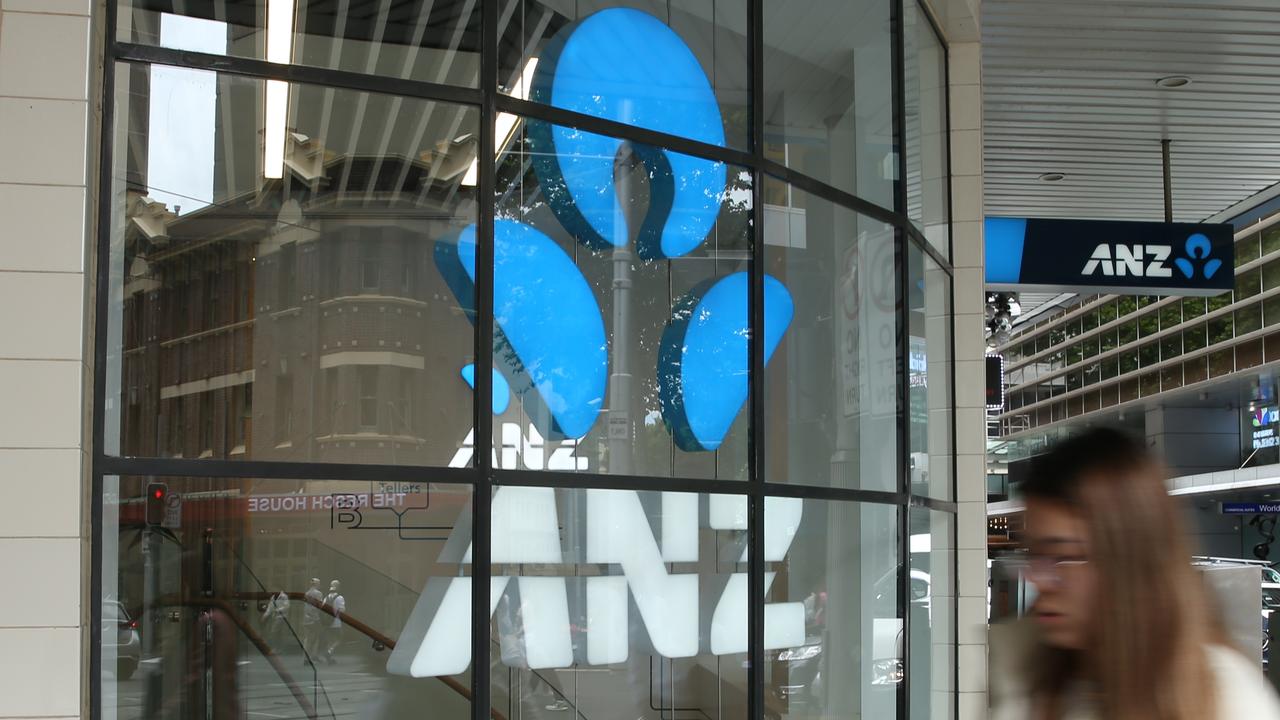ASIC reveals licensing plans for crypto companies ahead of legislation
Crypto companies would be required to seek an Australian Financial Services Licence, or explain why they don’t need to be licensed, under a proposed ASIC shake-up for the sector.

Crypto companies would be given a grace period from court action by the corporate regulator under a mooted plan for the sector, with warnings companies that fail to apply for a licence will face demands to explain their decisions.
Unveiling its latest plans for the crypto sector on Wednesday, the Australian Securities and Investments Commission has made it clear it expects many companies to apply for an Australian Financial Services Licence or face its ire.
ASIC, publishing a consultation paper and information sheet, has sought the crypto sector’s response to proposed new rules on operators, ahead of any legislative change made by the federal government.
Proposed reforms to the crypto and digital assets sector have been languishing since being first mooted in October 2023.
ASIC commissioner Alan Kirkland said ASIC had contemplated issuing the discussion paper irrespective of the arrival of any legislation from the government.
Mr Kirkland, who previously ran consumer group Choice, said ASIC was conscious that the government had “always said its reforms will be built on the existing financial products regime”.
Under ASIC’s proposed reforms companies would be invited to apply for an AFSL – something several crypto operators have already done.
Crypto heavyweight Binance had its licence cancelled in April last year, but has since signalled support for regulation of the sector.
Rival Coinbase has called for governments and regulators to steer clear of recommendations to impose AFSL requirements on the sector, and its Asia Pacific managing director, John O’Loghlen, said the mooted legislation attempted to treat crypto products the same as financial services.
ASIC’s guide revealed on Wednesday would lump most crypto products into existing financial licensing frameworks. Obligations would be imposed on some companies to issue audited prospectuses to investors and the corporate regulator would be given the power to sign off or pause any issuance.
Mr Kirkland said the guide was a “living document”, which would be updated over time.
“Its an area where the products on offer to the consumer continues to evolve, also our understanding of the law continues to evolve,” he said.

Mr Kirkland said “many digital asset-related products and services are financial products under the current law”.
“The law is clear; if you’re providing financial services you do need to have a licence,” he said.
Under the proposal, ASIC said companies which apply for an AFSL would be given a grace period, between the time of their application and its granting, in which it would not take legal action against them for breaches of the law.
But companies that did not apply for an AFSL would be required to explain why they believed the rules don’t apply to them.
“They need to have a clear justification for why they don’t need to have a licence,” Mr Kirkland said.
“We believe this updated guidance might lead some people that have been thinking until now that they don’t need a licence to now think they do.”
Some companies which issue a digital asset would be required to issue a prospectus, which would be required to include audited financial information.
ASIC would have the power to review these prospectus and could direct companies to make changes or even stop the process.
The guidance documents from ASIC come in the wake of several high-profile crypto court cases run by the regulator. This includes action against Finder, which ASIC lost.
Mr Kirkland said the guidance “has been informed by some of the court action we’ve taken and the decisions that have come from that court action”.
“It has also come from the conversation we’ve had with people in the industry and in the legal profession,” he said.
Mr Kirkland said although the guidance was a draft, ASIC would seek to have finalised rules in place by mid-2025.
Companies have until 28 February to respond.
“We expect a broad range of responses,” Mr Kirkland said.






To join the conversation, please log in. Don't have an account? Register
Join the conversation, you are commenting as Logout